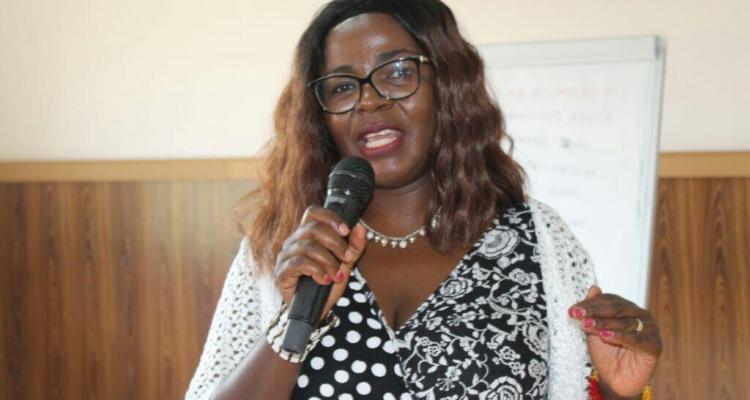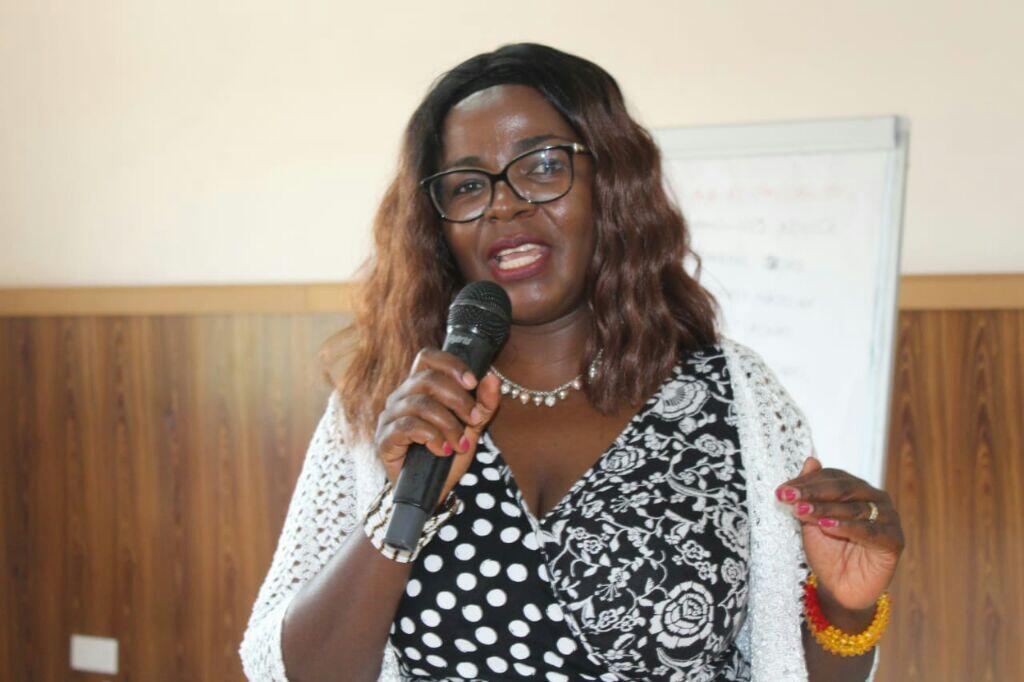
Malawi is on a fast ticking bomb due to its continued silence on menstrual health management, which apart from largely contributing to school dropouts among girls is also hurting the environment due to poor disposal of sanitary materials.
This alarming fact was revealed by the key stakeholders working in the WASH sector during a trainer of trainers workshop at Silver Sands hotel in Salima where over 60 people across Malawi were trained in Menstrual Health Management (MHM).

“Break the silence” was a take home message which the now facilitators were told to carry with them and pass it on to others starting with their immediate family members before casting the net wide.
Senior Technical Officer for Water Supply and Sanitation Collaboration Council (WSSCC) which is under the United Nations (UN) based in Geneva Dr Virginia Kamowa said there is a huge information gap and misinformation on MHM issues which often is surrounded by myths and taboos.
“There is too much secrecy and wrong information which is making our girls die in silence, many have dropped out of school due to stigma and lack of necessary facilities like the inclusive change rooms which can accommodate even the disabled. Some girls have no access to safe sanitary materials due to poverty hence the use of things that are harmful to them,” she said.
Kamowa also lamented poor menstrual hygiene management where the used materials are disposed anyhow like throwing in pit latrines resulting into quick filling of the toilets and sometimes polluting the environment because currently most public and private places have no spaces for safe disposal.
“We are pushing for a policy that will give guidelines on how to address these issues because currently Malawi has no stand-alone policy that specifically looks at MHM. This to some extent is suffocating our efforts, but still we are working hard and we will keep learning from our friends like India, Kenya and Tanzania who are now steps ahead in managing MHM issues,” she said.
The workshop was organized in collaboration with Water and Environmental Sanitation Network (WESNET) an organisation working in the WASH sector.
WESNET programs officer Asayire Kapira said his organisation will continue to provide space for collaboration and networking to improve the well-being of women and girls in regard to MHM.
In her remarks, director of water supply and sanitation in the Ministry of Agriculture, Irrigation and Water Development Emma Mbalame commended WSSCC and WESNET for the effort saying proper menstrual health management is fundamental for the dignity and wellbeing of women and girls.
She said government will facilitate the formation of a taskforce that will coordinate MHM issues in Malawi.
“We want to break the silence to break the stigma, improper menstrual health management is disastrous if go unchecked” She said.
One of the participants Onesus Nyirenda who is Ntcheu district water development officer under Ntcheu District council said the training was informative and he is ready to go and break the silence on MHM issues.
He said he is ready to share what he has gathered since now he has a starting point on how to handle MHM lessons.
Malawi had the first ever Menstrual Health Management day on 28 May in Lilongwe.
Menstrual health management issues, water and sanitation are highlighted in goal number 6 of the recently adopted Sustainable Development Goals of the United Nations.














